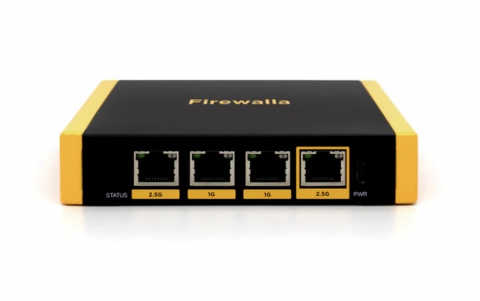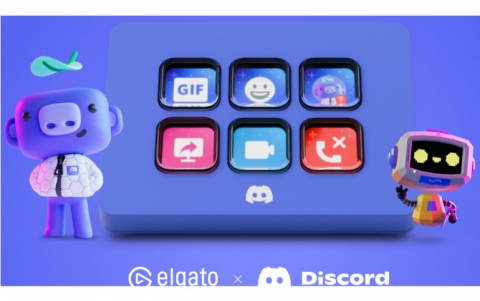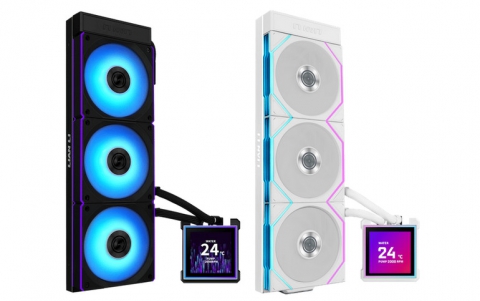
Top gadget makers join on copyright
A group of top consumer electronics companies have teamed with DRM (digital rights management) technology developer Intertrust to draft a specification the home entertainment makers hope will enable consumers to run licensed media files on a range of devices.
Called the Marlin Joint Development Association, the initiative includes Panasonic, Philips, Samsung and Sony are both investors in Intertrust, the Sunnyvale, California, developer that will coordinate the effort.
Digital rights protections have long been a concern of software and entertainment companies, but the Marlin project is one of the first backed by the hardware makers, which would like to ensure that consumers can access protected content like video clips and music files on devices such as mobile phones. Marlin's goal is a standardized technology toolkit that will allow device makers to build DRM directly into their products.
Intertrust Chief Executive Officer Talal Shamoon said he's optimistic about Marlin's chance for success because of the size and influence of the initiative's participants and their commitment to the project. "Each of the five members are bringing in things that they've been working on for a while," he said.
Marlin is closely related to the Coral project announced in October, which aims to cut through the thicket of competing DRM plans with an industry-wide interoperability framework. Coral's participants include the Marlin group, plus HP and Twentieth Century Fox, Marlin's specification will be compatible with Coral's protocols, Intertrust said.
Shamoon expects version one of the Marlin specification to be ready by mid-2005. From there, it will be up to device makers how quickly they implement the technology, but Shamoon said Marlin-equipped devices could be on the market as early as 2006.
Digital rights protections have long been a concern of software and entertainment companies, but the Marlin project is one of the first backed by the hardware makers, which would like to ensure that consumers can access protected content like video clips and music files on devices such as mobile phones. Marlin's goal is a standardized technology toolkit that will allow device makers to build DRM directly into their products.
Intertrust Chief Executive Officer Talal Shamoon said he's optimistic about Marlin's chance for success because of the size and influence of the initiative's participants and their commitment to the project. "Each of the five members are bringing in things that they've been working on for a while," he said.
Marlin is closely related to the Coral project announced in October, which aims to cut through the thicket of competing DRM plans with an industry-wide interoperability framework. Coral's participants include the Marlin group, plus HP and Twentieth Century Fox, Marlin's specification will be compatible with Coral's protocols, Intertrust said.
Shamoon expects version one of the Marlin specification to be ready by mid-2005. From there, it will be up to device makers how quickly they implement the technology, but Shamoon said Marlin-equipped devices could be on the market as early as 2006.





















